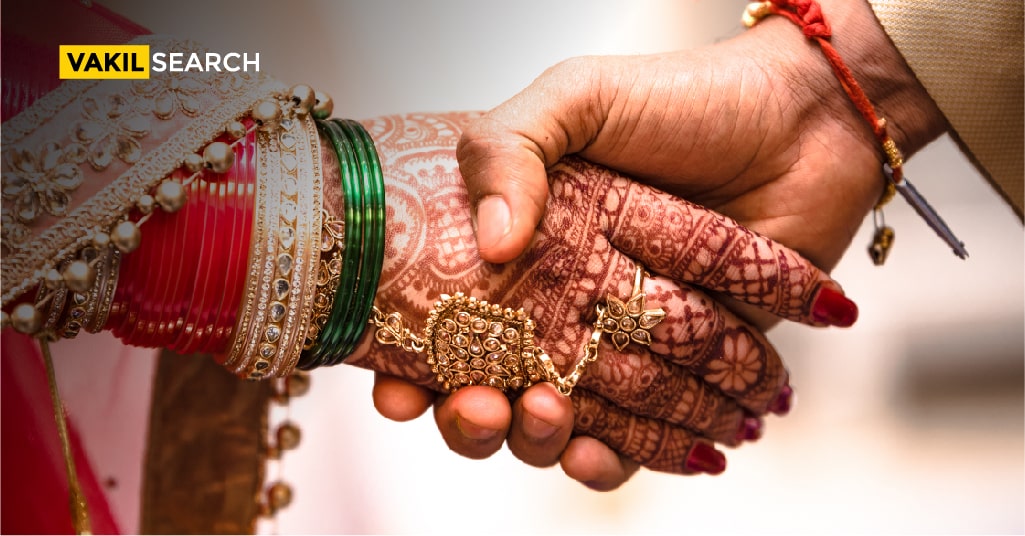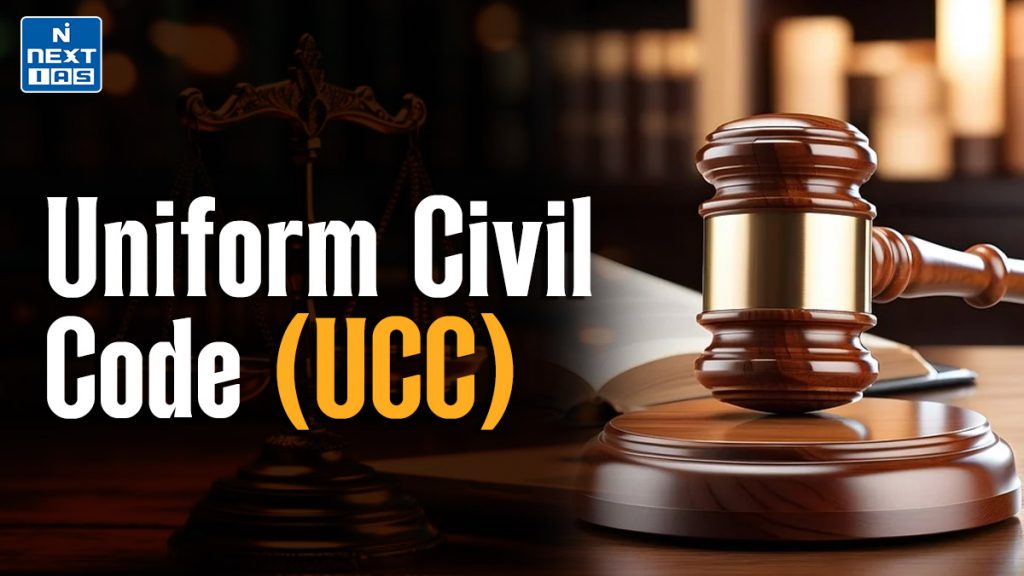- Any progressive society governed by an all-encompassing human-centric outlook would ensure freedom of speech, and choice, and indulge without prejudice to ensure it does not go against the nation’s interest. This is where the sacrosanct nature of the Constitution provides absolute clarity, enunciating unambiguously how the rights of the citizens are accorded prominence. The Indian Constitution framed by our forefathers had such foresight and wisdom that it centered the governance around people who are the real stakeholders in any country. Thus, the rights guaranteed in the Constitution take precedence over any laws enacted by Parliament though exceptions are provisioned on matters of national security.

PC: Vakilsearch
- For an aspirational society like India and within the ambit of Constitutional rights, we are guaranteed to lead life the way we choose to on matters concerning as basic as food, clothes, and partners. What I eat and do within the four walls must be an individual’s prerogative alone not defined by the moral and extrajudicial authorities donning the role of policemen. Certain acts enacted support this dictum but also allow the interference of authorities unnecessarily. Consider the Special Marriage Act (SMA) for instance. The Act allows anyone to interfere in a couple’s decision endangering them. It is frightening to watch what a young interfaith couple in the world’s largest democracy is going through – just to marry legally.

PC: Sarieh Law Offices
- As law-abiding citizens, they followed what is required to marry under the SMA. But their details were used to build up a malicious campaign by the moral police. The Muslim man and Hindu woman in Uttarakhand have been attacked online and face hostility from on-ground moral police in Bajrang Dal, who’ve supported the woman’s mother’s objection to the marriage. The notice regime in SPA has been legally challenged. Sections 5 to 8 require a couple to submit a written notice 30 days prior about their intent to marry, the notice to be published prominently that can be scrutinized by anyone, objections raised within 30 days, and the marriage officer empowered to uphold objections. The law makes the public a stakeholder. Anyone can object.

PC: NEXT IAS
This is a direct breach of principles of privacy and freedom to choose a partner but has survived even after the SC’s privacy judgment. The very object of the SPC is to protect couples. But these provisions lay them open to invasion by society, by district magistrates and police. The inter-faith or inter-caste couples caught in the bloody glare of a regressive society are at the receiving end. Sooner these provisions are junked, the better. In the run-up to UCC, reports suggested inter-faith applications under the SPA were being stalled awaiting implementation of UCC. UCC Rules explicitly recognize marriages under SPA. If the spirit of UCC is uniformity in laws that govern marriages, there should be no resistance to inter-faith or inter-caste marriages. Simple.






